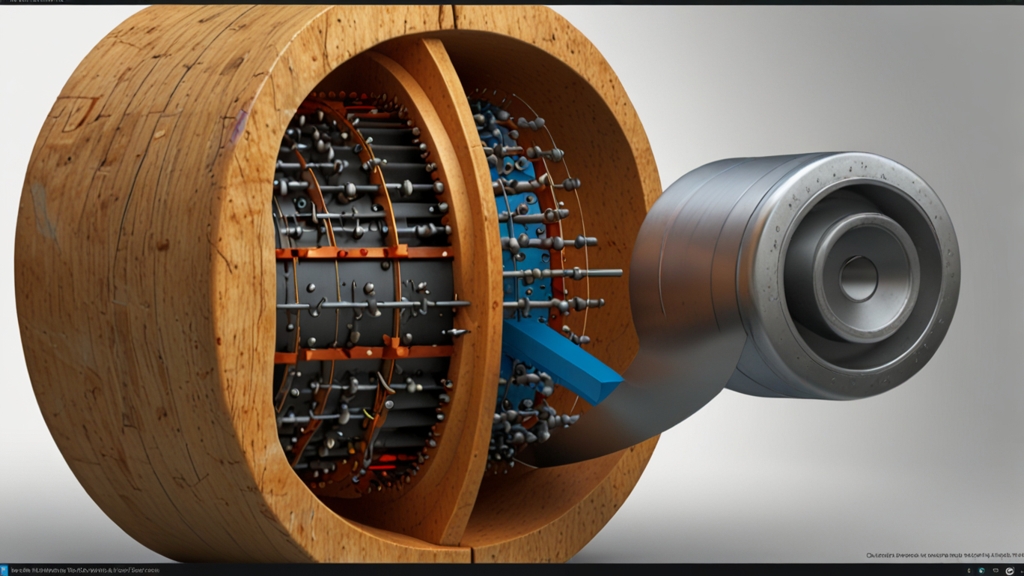Introduction to Advanced Calculus
Calculus, often referred to as the mathematics of change and motion, holds a vital place in the domain of higher mathematics. While most students are introduced to the basic concepts of derivatives and integrals, calculus is a subject that contains many deeper and more intricate layers. This article aims to peel back the layers and explore some advanced concepts that often remain hidden to the casual learner.
Multivariable Calculus
Multivariable calculus, an extension of single-variable calculus, involves functions of more than one variable. Instead of dealing with curves, we now deal with surfaces and hypersurfaces. The primary objects of study include partial derivatives, multiple integrals, and vector calculus.
Partial Derivatives
In single-variable calculus, the derivative of a function measures the rate of change of the function with respect to one variable. However, in multivariable calculus, functions depend on multiple variables. Partial derivatives extend the concept of derivatives to these multivariable functions by allowing us to study the rate of change of the function with respect to one of the variables, holding the others constant. This leads to the gradient vector, which represents the direction and rate of the steepest ascent.
"A deep dive into partial derivatives reveals the paths to optimization in higher dimensions, making it crucial in fields such as economics, engineering, and data science."
Multiple Integrals
Integration in higher dimensions results in double and triple integrals, which allow us to compute volumes under surfaces and more complex geometrical shapes. These integrations aren't merely theoretical constructs; they have practical applications in physics, engineering, and statistics. For instance, calculating the mass of an object with varying density becomes straightforward with multiple integrals.
Vector Calculus
Vector calculus deals with vector fields, which assign a vector to every point in a subset of space. Divergence, gradient, and curl are fundamental operations in this area. They find applications in fluid dynamics, electromagnetism, and all fields involving continuous fields of force.
The Mystery of Fourier Series
Fourier series transform complex periodic functions into infinite sums of sine and cosine terms. This transformation is invaluable in signal processing, heat transfer, and solving differential equations. The magic of Fourier series lies in their ability to break down almost any periodic function into simple oscillatory components.
"Understanding Fourier series is like possessing a master key that can unlock different realms of complicated mathematical functions, making them more understandable and manageable."
Green's, Stokes', and Gauss' Theorems
These theorems extend the fundamental theorem of calculus to higher dimensions. Green's theorem relates a line integral around a simple closed curve to a double integral over the plane region bounded by the curve. Stokes' theorem generalizes this to surfaces, and Gauss' theorem (also known as the divergence theorem) relates the flux of a vector field through a surface to a triple integral over the volume enclosed by the surface. These theorems are monumental in unifying diverse concepts in multivariable calculus.
Differential Equations and Chaos Theory
Differential equations describe how a quantity changes over time and are fundamental in physics, biology, and economics. Solutions to these equations can exhibit a wide range of behavior, from simple growth or decay to chaotic dynamics. Chaos theory, a branch of mathematics focused on systems that are highly sensitive to initial conditions, transforms our understanding of deterministic systems. Simple differential equations can exhibit unpredictable behavior, highlighting that even deterministic systems can be inherently unpredictable.
"Chaos theory beautifully illustrates the complexity and interconnectedness of natural systems, showing that a small change in starting conditions can lead to vastly different outcomes."
Conclusion
Delving into the hidden layers of calculus reveals a tapestry of interconnected concepts that extend far beyond simple derivatives and integrals. From mastering multivariable functions to unraveling the mysteries of Fourier series and exploring the vast realm of differential equations and chaos theory, these advanced topics provide invaluable tools for understanding the complexities of the world around us. The journey into advanced calculus is challenging but offers profound insights and applications that are well worth the effort.












